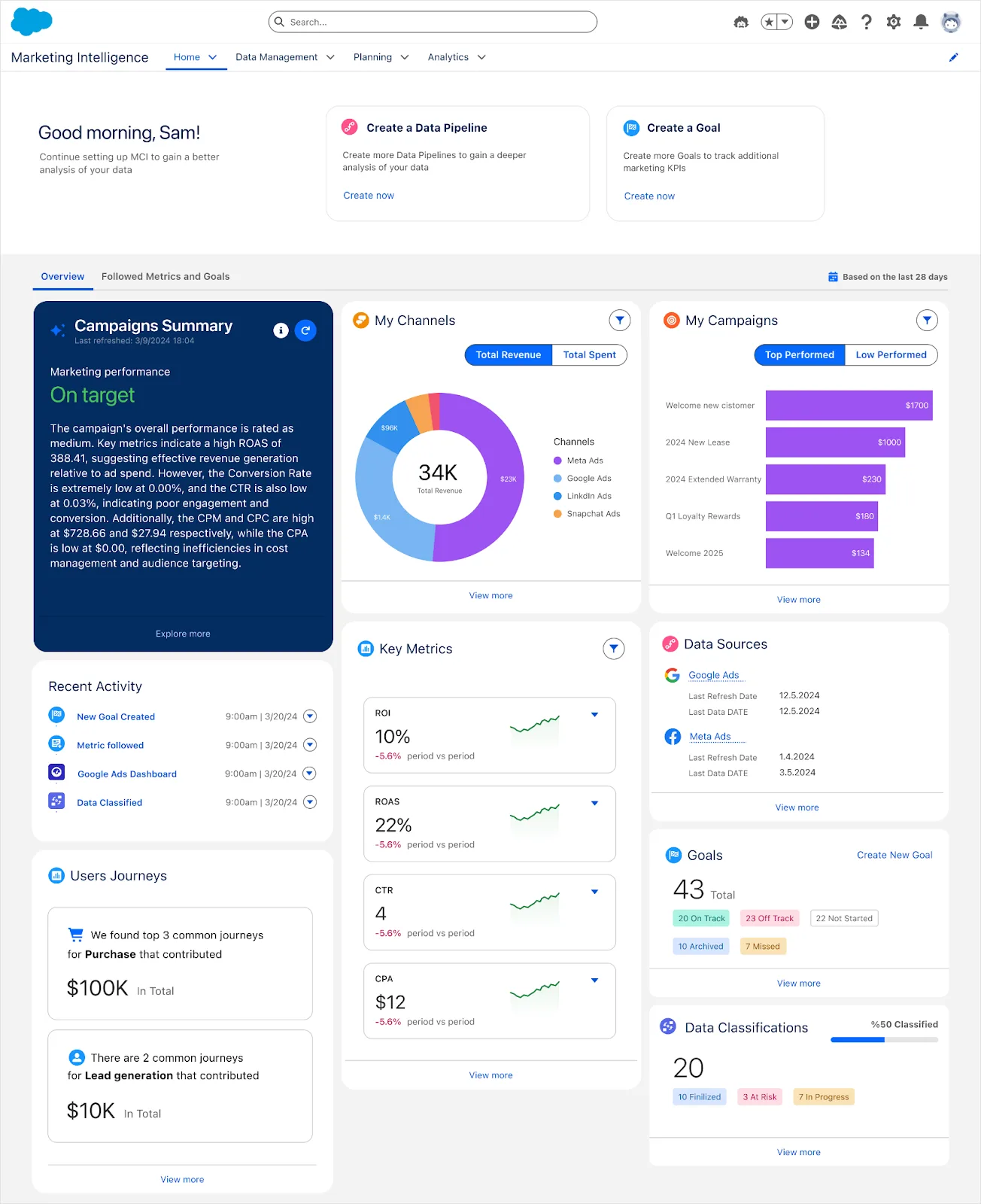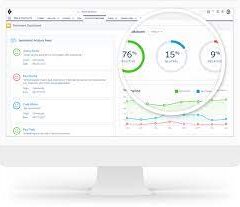Marketing intelligence and ad management involve gathering, analyzing, and interpreting data to understand market trends, competitor activities, and consumer behavior, enabling businesses to make informed decisions and optimize their advertising campaigns.
What is Marketing Intelligence?
- Definition:Marketing intelligence is the process of gathering, analyzing, and interpreting data about marketing activities and consumer behavior to make informed decisions.
- Purpose:The primary goal is to provide businesses with actionable insights that enable them to understand their target audience better, anticipate market trends, and optimize their marketing strategies.
- Data Sources:This data can come from various sources, including market research, competitor analysis, social media monitoring, website analytics, and customer feedback.
- Types of Intelligence:
- Competitive Intelligence: Monitoring competitors’ activities and strategies.
- Product Intelligence: Evaluating product performance and identifying opportunities.
- Market Understanding: Tracking market trends and shifts in consumer behavior.
- Customer Understanding: Analyzing customer behavior and preferences.
How Marketing Intelligence Helps with Ad Management
- Optimizing Campaigns:By understanding market trends and consumer behavior, marketers can tailor their advertising campaigns to reach the right audience with the right message.
- Improving Ad Performance:Marketing intelligence tools help identify areas for improvement in ad campaigns, such as targeting, creative, and bidding strategies.
- Reducing Wasted Spend:By making data-driven decisions, marketers can avoid wasting ad budget on ineffective campaigns.
- Understanding Competitors:Analyzing competitor advertising strategies helps businesses identify opportunities and stay ahead of the competition.
- Data-Driven Decision Making:Marketing intelligence provides the data needed to make informed decisions about ad spend, targeting, and creative.














